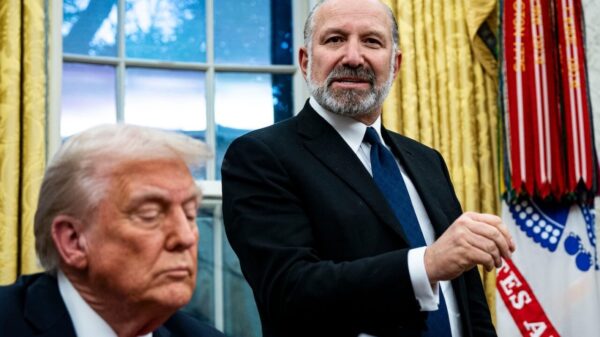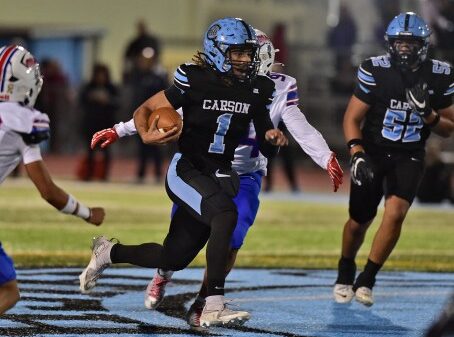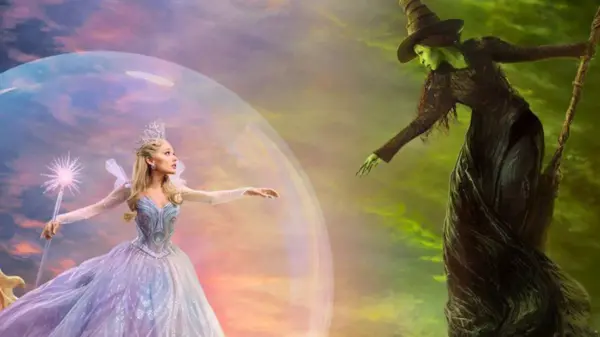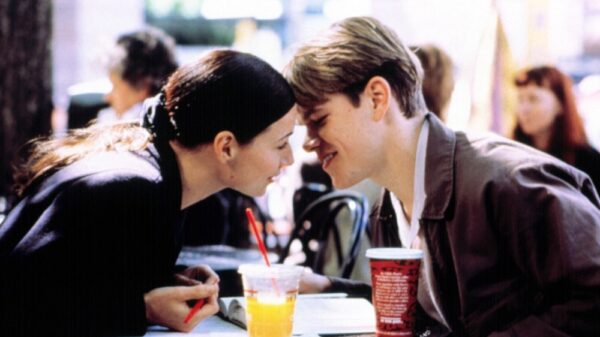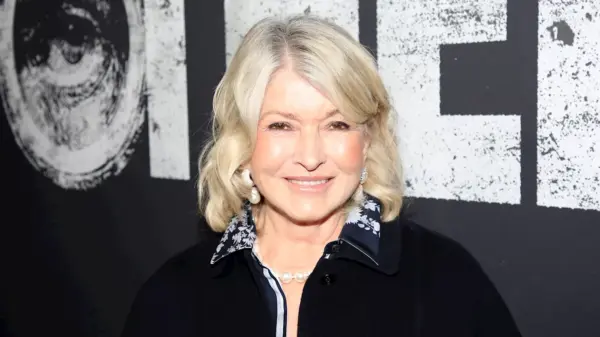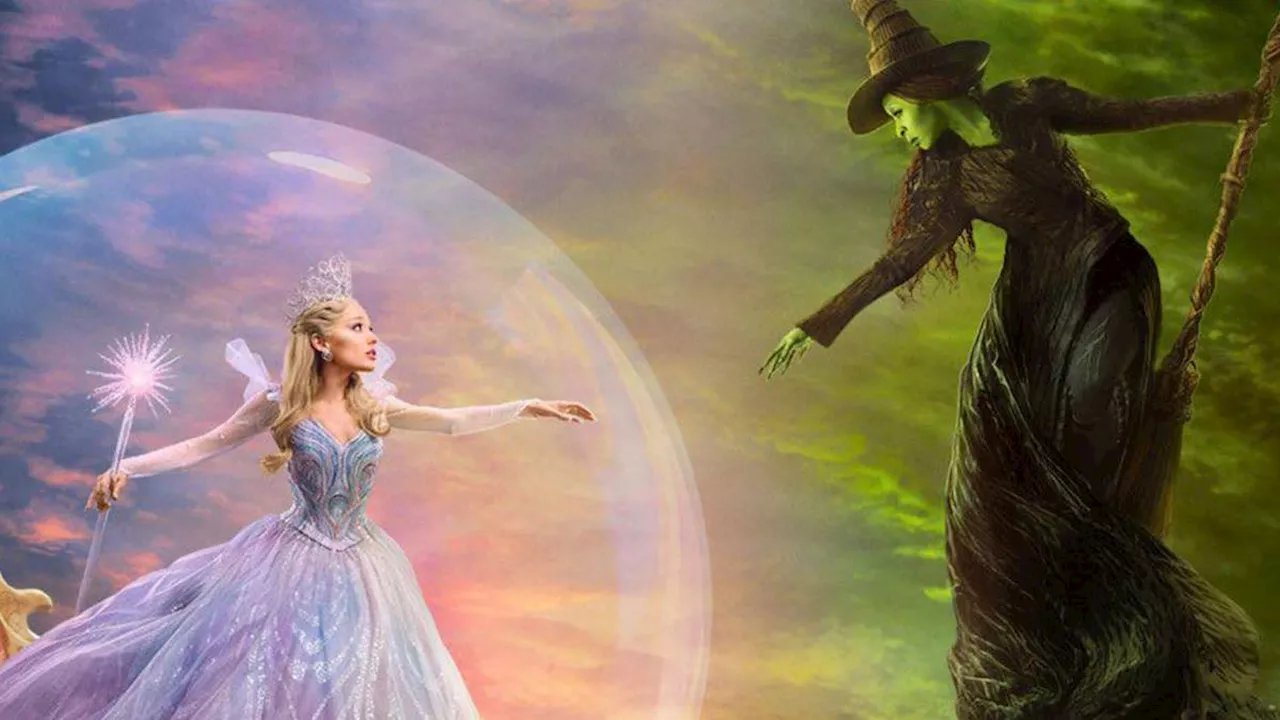The highly anticipated musical film, Wicked: For Good, premiered on March 15, 2024, bringing a fresh perspective to the beloved story of Elphaba and Glinda in the magical land of Oz. This reimagined version not only features classic favorites but also introduces several new songs, enriching the narrative with deeper explorations of friendship, power, and personal growth.
The film’s score is designed to illuminate the characters’ inner struggles, offering audiences an opportunity to connect with familiar figures in novel ways. Each song, whether a powerful ballad or a lively ensemble piece, serves to enhance the storytelling and provide further context to the characters’ motivations.
Ranking the Musical Numbers
Critics have taken note of the new songs and how they stack up against established favorites. Here’s a ranking of all eleven songs featured in Wicked: For Good, reflecting both their emotional weight and narrative significance.
11. “March of the Witch Hunters” opens the show with a chilling ensemble performance. Led by Boq, the citizens of Oz form a mob intent on hunting Elphaba, whom they now regard as the Wicked Witch. This number starkly portrays the dangers of fear and misinformation, serving as a grim reminder of the consequences of scapegoating.
10. “I’m Not That Girl” presents a poignant moment for Glinda as she confronts her feelings for Fiyero. This reprise reveals her heartache and jealousy when she realizes Fiyero’s true affections lie with Elphaba. Unfortunately, the brevity of the song diminishes its emotional impact, leaving audiences yearning for a deeper exploration of Glinda’s internal conflict.
9. “The Girl in the Bubble” introduces a new introspective element to Glinda’s storyline. In this solo, she grapples with her privileged existence and questions what it truly means to be “good.” While it adds nuance to her character, some critics feel it lacks the depth of other pivotal moments.
8. “The Wicked Witch of the East” showcases Elphaba’s desperate attempt to save her sister, Nessarose. The emotional intensity of this number highlights familial resentment and the tragic consequences of misguided love. However, its short length leaves much of Nessarose’s turmoil unexplored.
7. “Thank Goodness / I Couldn’t Be Happier” contrasts Glinda’s public persona with her private doubts. Celebrated by the citizens of Oz for her engagement, she presents a façade of happiness while grappling with guilt over Elphaba’s vilification. This layered musical sequence effectively humanizes Glinda, making her more relatable to the audience.
6. “Every Day More Wicked” opens the second half of the story, underscoring the escalating paranoia among the citizens of Oz regarding Elphaba. The song sets a darker tone, illustrating how the perception of Elphaba has shifted dramatically, laying the groundwork for the unfolding drama.
5. “No Place Like Home” features Elphaba reflecting on her complicated relationship with Oz. Through this heartfelt ballad, she urges the oppressed to hold onto hope, emphasizing the emotional stakes of their struggle against the Wizard’s tyranny.
4. “Wonderful” offers a glimpse into the Wizard’s philosophy of power and illusion. Through an upbeat delivery, he reveals to Elphaba the appeal of a “wonderful” façade, while Glinda attempts to persuade her to join their vision. This song highlights Elphaba’s internal conflict between her desires and her moral compass.
3. “As Long As You’re Mine” is an intimate duet that captures a rare moment of vulnerability between Elphaba and Fiyero. As they embrace their feelings amidst chaos, the song conveys the bittersweet nature of their connection, emphasizing the challenges they have faced to come together.
2. “No Good Deed” serves as a powerful climax for Elphaba’s character. In this dark solo, she expresses her frustration and sense of betrayal after her good intentions are met with vilification. This song marks a critical turning point, revealing her transition from idealism to embracing the “wicked” label imposed upon her.
These rankings illustrate the emotional depth and complexity woven throughout Wicked: For Good. With its blend of new and classic songs, the film continues to resonate with audiences, reaffirming its status as a modern musical phenomenon. As the story unfolds, it challenges viewers to reflect on the nature of good and evil, the impact of societal pressures, and the enduring power of friendship.

